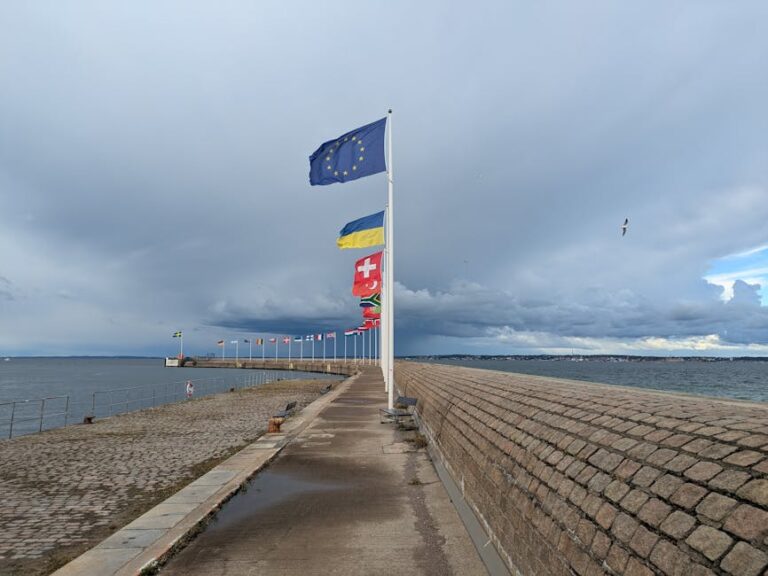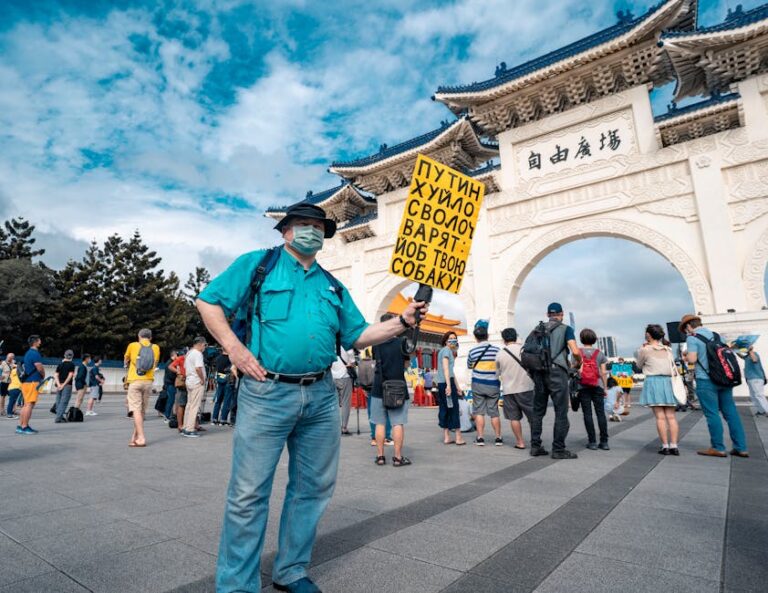The United States government’s threat to impose a 50 percent tariff on goods from Lesotho, a small Southern African nation, has significantly disrupted its economy. While President Trump eventually reduced the tariff to 15 percent, the initial proposal inflicted considerable damage on a country where a majority of citizens live with limited financial resources.
The proposed tariff, announced with little warning, aimed to penalize Lesotho for alleged human rights abuses and political instability. However, the sheer scale of the 50 percent figure sent shockwaves through Lesotho’s nascent export sector, particularly its vital textile and apparel industry. This industry, a significant employer for a nation with high unemployment, relies heavily on access to the U.S. market under the African Growth and Opportunity Act (AGOA). The immediate implication was a freeze on investment and a palpable sense of anxiety among business owners and workers, fearing a complete collapse of their livelihoods.
“A 50 percent tariff would have been catastrophic for Lesotho, effectively shutting down our apparel export industry overnight. The reduction to 15 percent is still a significant burden, but it offers a slim chance of survival.”
The reduction to 15 percent, while still a substantial increase from previous duty-free access, provided a degree of relief but did not erase the damage. The uncertainty surrounding the initial proposal led many international buyers to pause or cancel orders, and some factories began scaling back operations or contemplating closures even before the final tariff was announced. The broader implication is a loss of investor confidence and a set-back for economic diversification efforts in a country highly dependent on a narrow range of exports. The potential for future, arbitrary trade penalties casts a long shadow over the nation’s long-term economic development prospects.
The episode highlights the vulnerability of developing nations to sudden trade policy shifts from major economic powers. While Lesotho faces an ongoing challenge with the reduced tariff, the episode underscores the need for greater predictability in international trade relations to foster sustainable economic growth in fragile economies.




